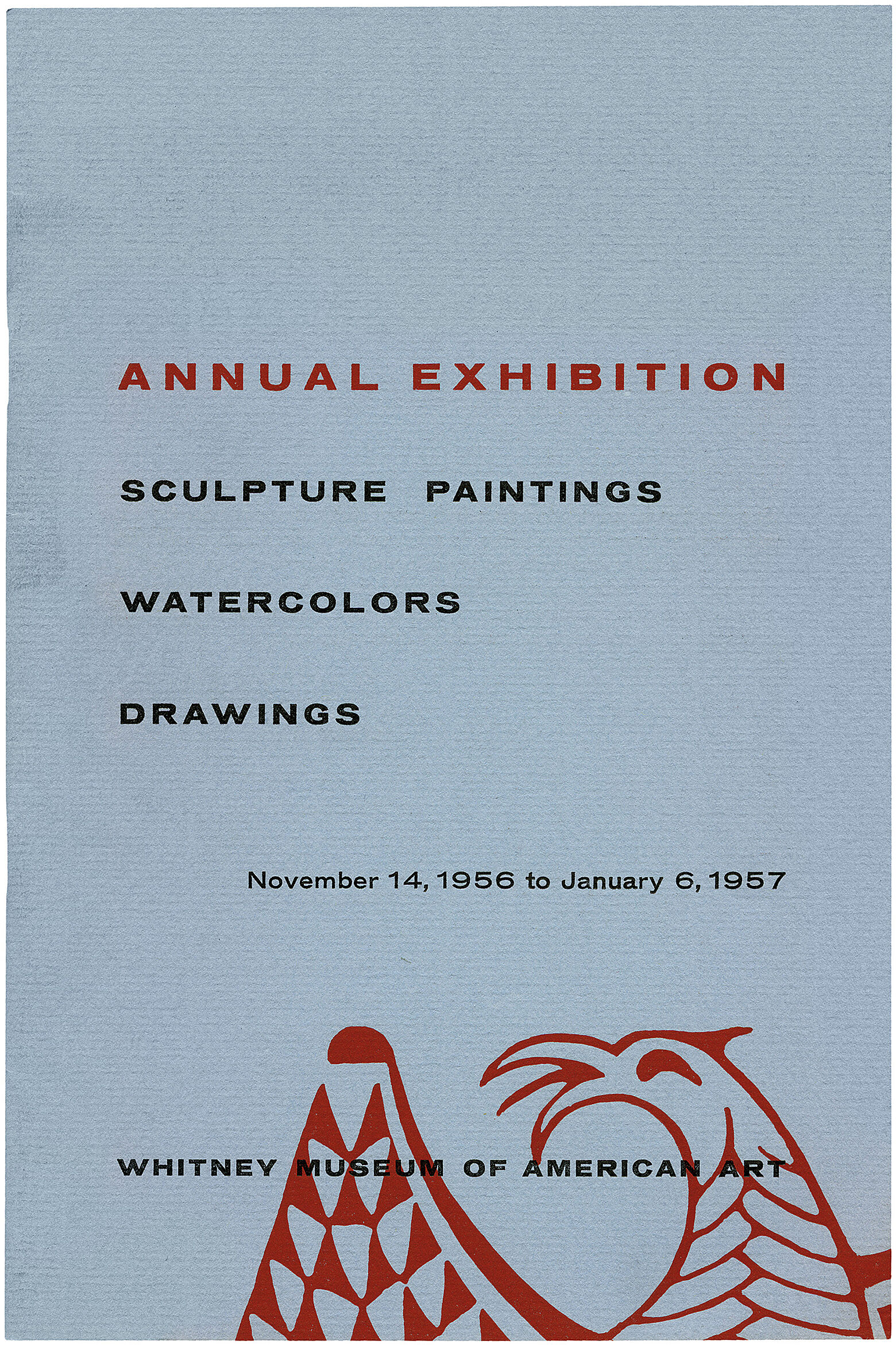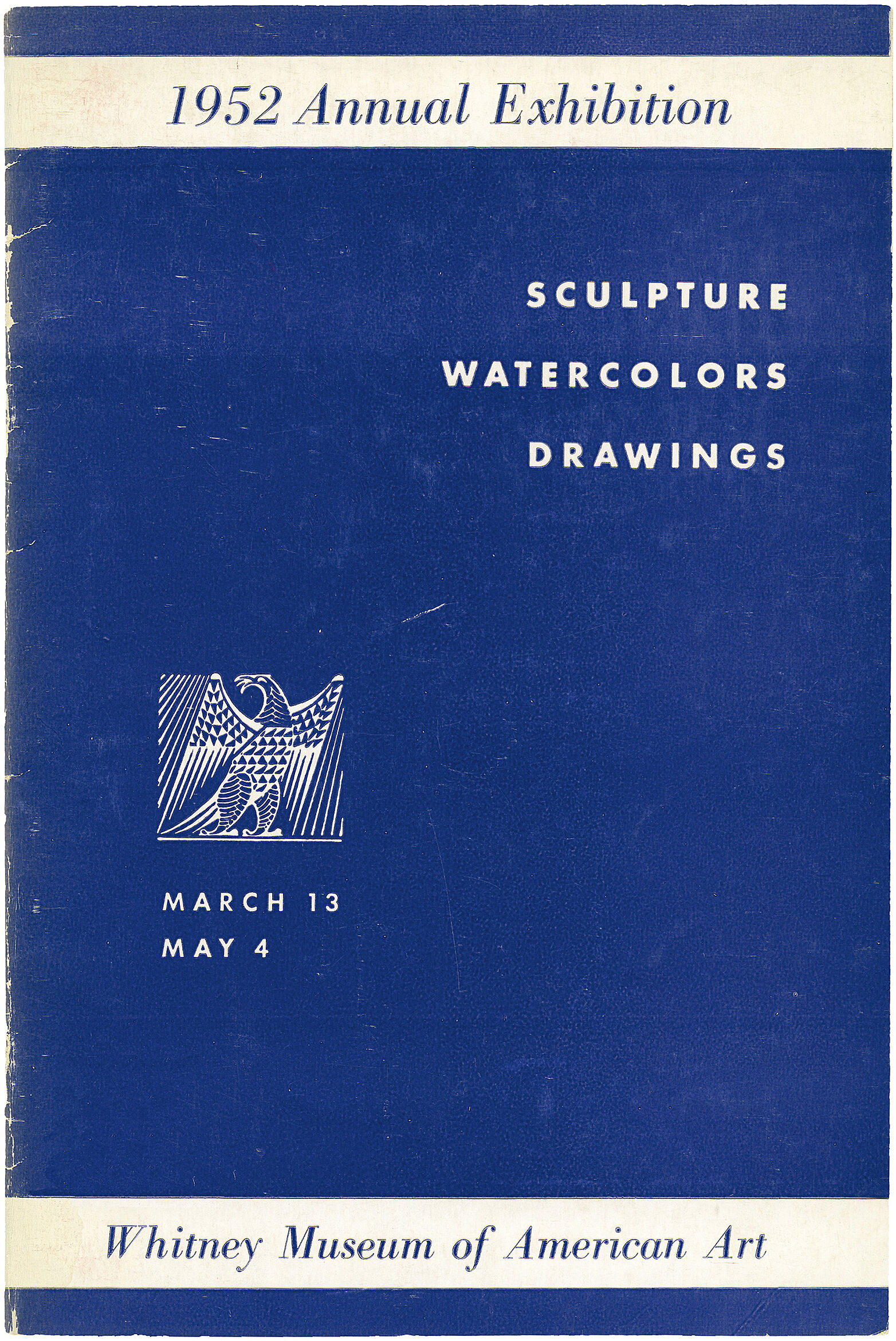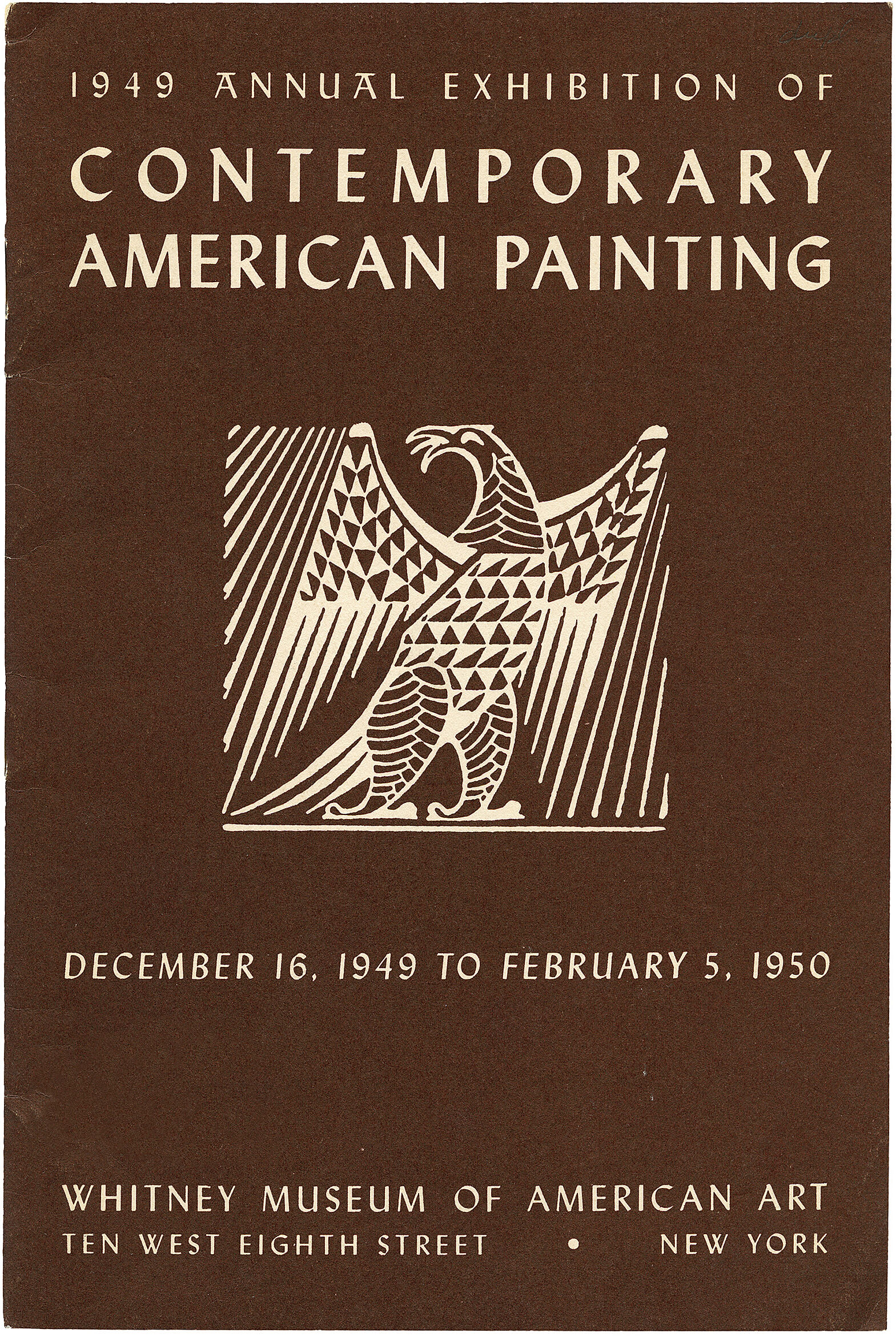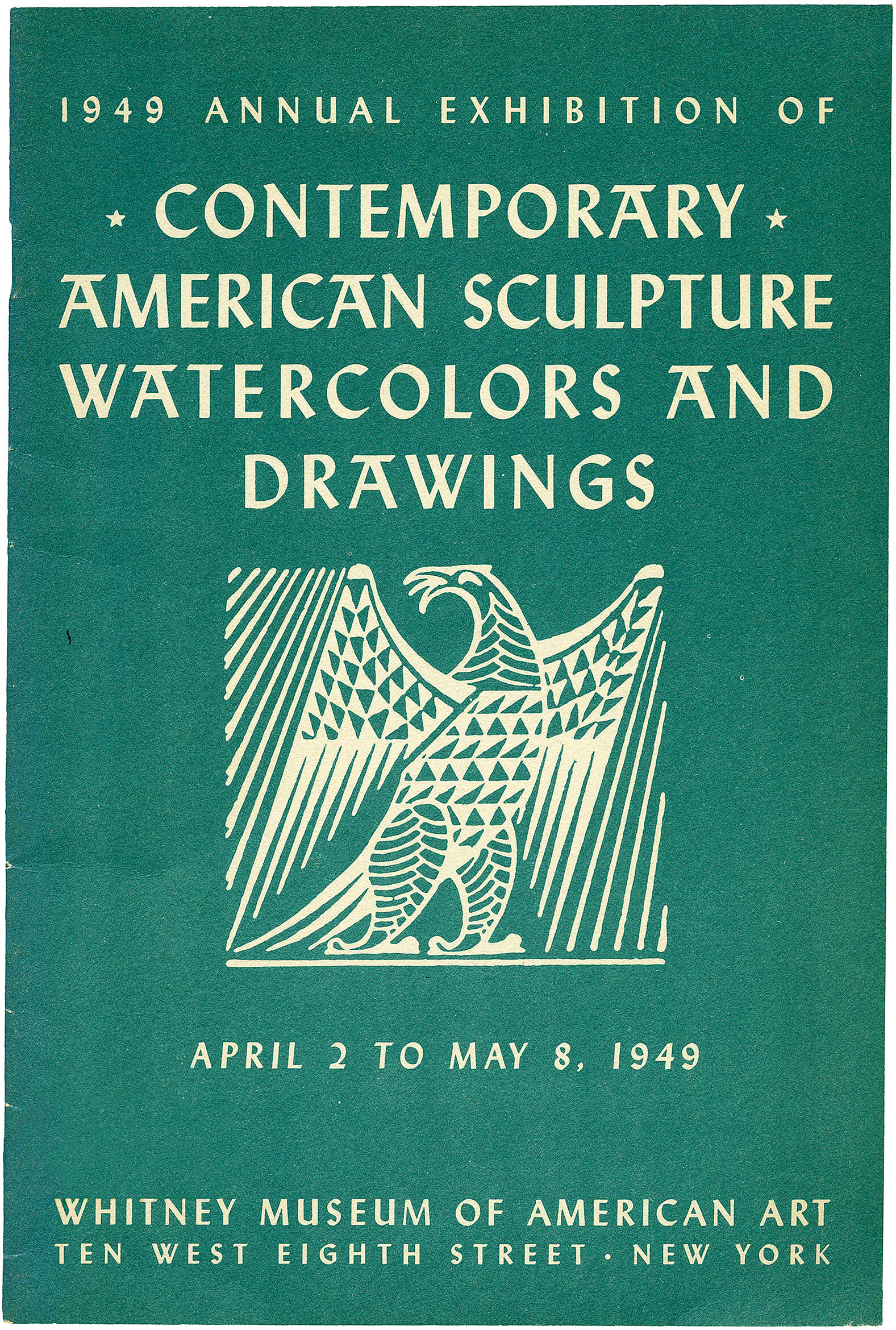Mitchell Jamieson
1915–1976
Introduction
Mitchell Jamieson (1915–1976) was an American painter who worked for the Federal Art Project during the Great Depression, before studying painting in Mexico and returning to the United States. In World War II he enlisted as a war artist for the United States Navy, receiving a lieutenant's commission and a Bronze Star. After the war he worked as a professor of art and continued to travel and paint prolifically.
During his extraordinary career he began depicting the infrastructure projects of Franklin D. Roosevelt's New Deal. Always more drawn to people, however, his studies in Mexico and work as a World War II war artist led him to portray the Americans in their crusade against the Axis powers. Afterwards he was a pioneering artist in the NASA Art Program before and after his devastating work chronicling the impact of the Vietnam War on the peoples of Southeast Asia in his series "The Plague." These efforts took a psychological toll on him. Broken by his Vietnam experiences, he died by his own hand in 1976.
Jamieson was twice awarded a Guggenheim Fellowship. His works are on display at the White House, National Air and Space Museum, the National Gallery of Art, The Smithsonian, Naval History and Heritage Command, Corcoran Gallery of Art, Metropolitan Museum of Art, Brooklyn Museum, Whitney Museum of American Art, the Seattle Art Museum and in numerous other collections.
Wikidata identifier
Q6881058
Information from Wikipedia, made available under the Creative Commons Attribution-ShareAlike License . Accessed February 15, 2026.
Roles
Artist, painter
ULAN identifier
500014209
Names
Mitchell Jamieson
Information from the Getty Research Institute's Union List of Artist Names ® (ULAN), made available under the ODC Attribution License. Accessed February 15, 2026.




